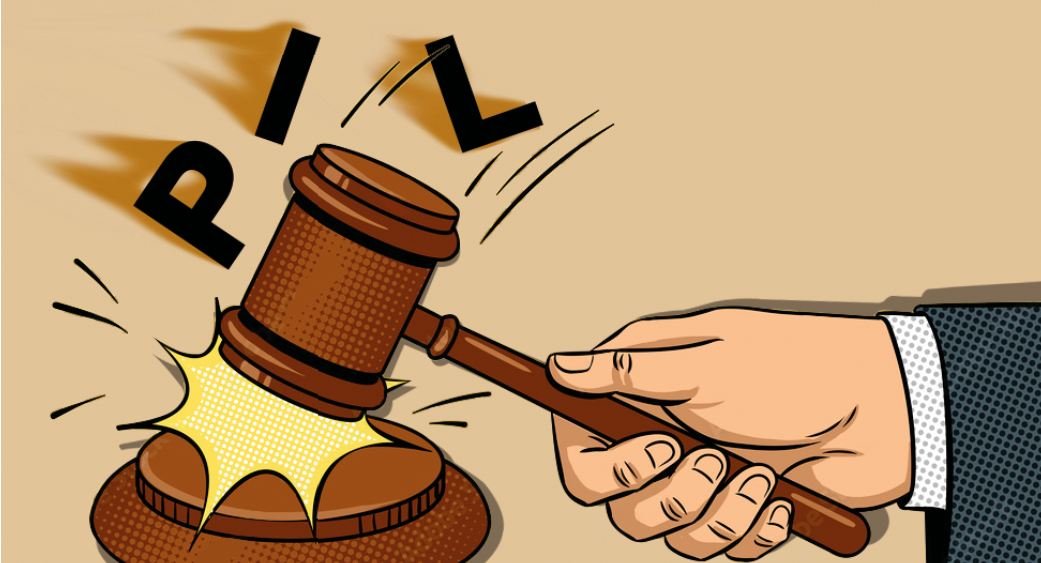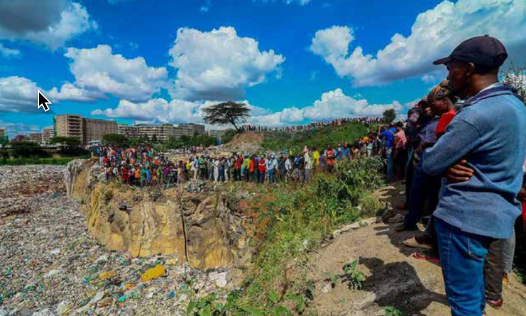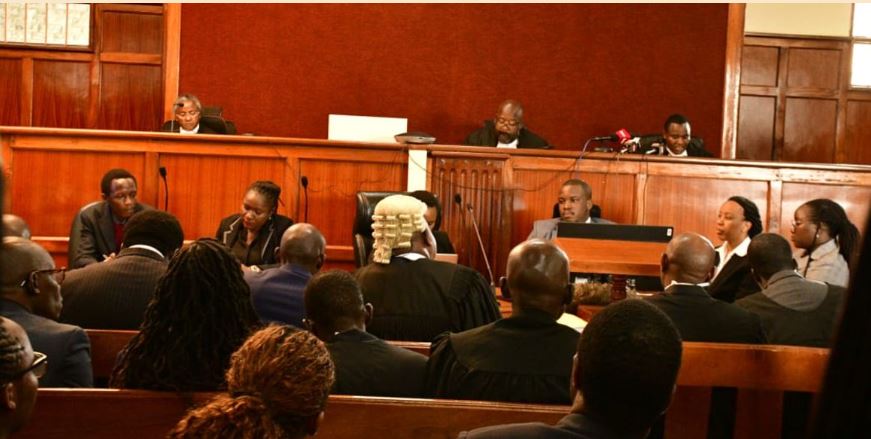The development and prospects of public interest litigation in environmental matters: Reflecting on Kenya's experience since the 2010 Constitution
by admin on | 2025-09-02 18:04:33 Last Updated by admin on 2025-10-29 08:59:09
Share: Facebook | Twitter | Whatsapp | Linkedin Visits: 173

Public interest litigation (PIL) occurs when concerned individuals, groups, or communities initiate legal proceedings to protect the public’s interests, especially where environmental rights are at stake. This enables individuals or groups not directly affected by an issue to initiate legal proceedings to protect or uphold public rights. Therefore, individuals or groups advancing the interests of the public are procedurally competent to file cases seeking to uphold rights or address violations for the public’s benefit. Since the promulgation of the Constitution of Kenya 2010, Public Interest Litigation has emerged as a crucial tool for promoting environmental justice in Kenya. It has increased access to justice by empowering communities to address environmental harms in court, demonstrated in various cases such as the Owino Uhuru case, where residents successfully sought legal redress for lead poisoning caused by a nearby smelting plant. This article seeks to give a legal analysis of the, developments, and challenges of PIL in environmental matters in Kenya aimed at policy makers, academics and legal practitioners invested in environmental law and access to justice. By examining the legal residents successfully sought legal redress for lead poisoning caused by a nearby smelting plant. This article seeks to give a legal analysis of the, developments, and challenges of PIL in environmental matters in Kenya aimed at policy makers, academics and legal practitioners invested in environmental law and access to justice. By examining the legal framework, key developments, landmark cases, impacts, and challenges the study evaluates how PIL has helped realize the constitutional right to clean and healthy environment and offers recommendations for strengthening PIL. Legal framework of public interest litigation Before the enactment of the Constitution of Kenya 2010, environmental litigation in Kenya was constrained by a strict locus standi requirement. Pre- 2010 in order for persons to institute judicial proceedings parties had to have an interest in the matter, the court further restricted public interest litigation to be commenced by the attorney general in the Wangari Maathai case, where the plaintiff aimed to stop the construction of a multi-story building in Uhuru Park, the court claimed the plaintiff had no locus standi. This has led to limited access to justice. Thanks to the 2010 constitution, such decisions are rendered obsolete. The change in precedence can be seen in cases such as Rodgers Muema Nzioka & 2 Others v Tiomin Kenya Limited, where the court issued an injunction to halt titanium mining in Kwale. The applicants, representing ordinary rural farming residents, successfully obtained the injunction therefore, protecting community rights. The 2010 Constitution of Kenya guarantees every citizen the right to a clean and healthy environment under Article 42. It further imposes a mandatory duty on every ‘person’ to collaborate with state organs and other...read more




